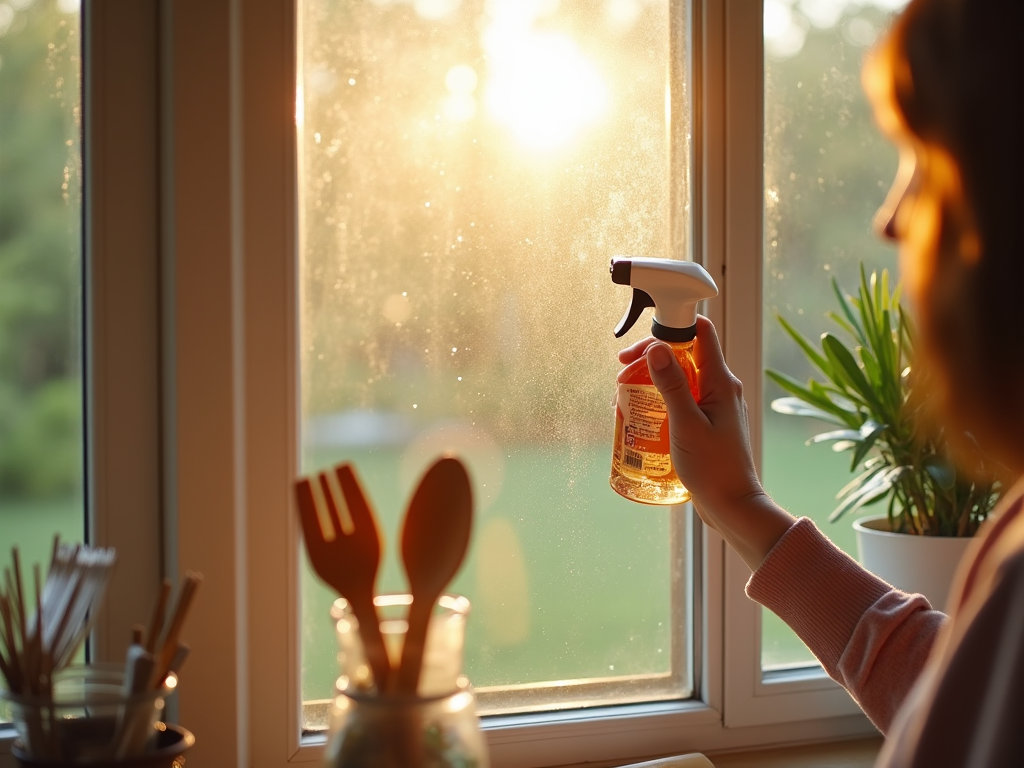When it comes to maintaining the beauty and functionality of your home, the importance of clean windows often gets overlooked. Many homeowners assume this task is as simple as grabbing a cloth and some glass cleaner, but the truth is far more nuanced. Factors such as your geographic location, seasonal changes, the type of windows you have, and even your lifestyle can significantly influence how often you should engage in window cleaning. Understanding these elements will not only help improve the aesthetic appeal of your home but can also extend the lifespan of your windows.
The clarity of your windows can greatly affect both the interior and exterior of your home. Dirty windows can diminish the brightness of natural light entering your living space and give a less inviting glance at your property from the outside. Hence, it is essential to establish a cleaning routine that addresses various aspects impacting your windows’ cleanliness. In the following sections, we will explore the four primary factors that should inform your window cleaning schedule.
Understanding the Importance of Window Cleaning

Regular window cleaning enhances not just the aesthetic appeal, but also the longevity of your windows. Dust, dirt, and grime can lead to damage over time; therefore, cleaning is essential to protect your investment. When windows are neglected, they’ll accumulate soil that can lead to scratches and even etching of the glass surface. This forms a barrier against UV rays, ultimately diminishing your home’s energy efficiency. The interplay of elements like rain, dust, and pollution can complicate matters, making timing critical for optimal results. Thus, let’s delve into the four factors that should influence your window cleaning schedule.
Factor 1: Geographic Location

Your surroundings can significantly affect how often your windows need cleaning. Depending on whether you live in a coastal area or an urban environment, you may find your windows needing different levels of care. For example, coastal residents must deal with salty air that can accelerate dirt accumulation. On the other hand, city dwellers are often confronted with higher levels of pollution, necessitating more frequent cleans. Understanding your environment will help you determine a cleaning frequency suitable for your home.
Coastal Areas
- Salty air can cause rapid build-up of grime.
- Consider cleaning every month for optimal results.
- Use specialized cleaners to counteract salt damage.
Urban Environments
- Pollution can lead to dirty windows in no time.
- Frequency should increase to every 4-6 weeks, especially in high-traffic zones.
- Consider a professional service for height and accessibility issues.
Factor 2: Seasonality
Seasons change not only the weather but also the conditions affecting your windows. In spring and summer, pollen and rain can cause windows to become dirty quickly. Conversely, the fall can bring a plethora of leaves that stick to your windows and screen, while winter may pose unique challenges due to snow and ice. The frequency of cleaning can adjust dramatically between these seasons. Generally, spring is an excellent time for a deep clean to prepare for the brightness of summer ahead.
| Season | Suggested Cleaning Frequency |
|---|---|
| Spring | Every 2-3 months |
| Summer | Monthly |
| Fall | Every 2-4 months |
| Winter | Every 3-4 months |
Factor 3: Type of Windows
Not all windows are created equal, and the type you have can greatly influence your cleaning schedule. For instance, double-paned windows tend to accumulate dirt at a slower rate than single-paned varieties. This difference means that the cleaning frequency for double-paned options can often be reduced. Additionally, windows with special tints or coatings require gentler cleaning methods, potentially impacting how often they should be cleaned. Understanding the requirements of your specific window types can save you time and ensure optimal longevity.
Double-Paned vs. Single-Paned
- Double-paned windows typically require cleaning every 4-6 months.
- Single-paned options might need attention every 2-4 months.
Tinted or Coated Windows
- Use pH-neutral cleaners to avoid damage.
- Consider cleaning every 6 months to maintain visibility.
Factor 4: Your Lifestyle
Your day-to-day life can also dictate how often you need to clean your windows. If you have children or pets, fingerprints and smudges might appear more frequently, suggesting that a cleaning schedule might need to be increased. Furthermore, if you frequently host gatherings or have a high volume of guests, maintaining clear windows could play a vital role in making a good impression. Tailoring your cleaning habits to accommodate your lifestyle ensures that your windows remain an asset, not a liability.
Pets and Children
- Higher likelihood of smudges and handprints.
- Consider cleaning every 1-2 months to keep them clear.
Home Events
- Plan extra cleaning before hosting guests.
- Regular upkeep can minimize urgent last-minute scrubbing.
Conclusion
In summary, while there isn’t a universal timeline for how often to clean your windows, being aware of the four key factors—geographic location, seasonality, type of windows, and lifestyle—will empower you to create a tailored schedule. Each factor plays a crucial role in determining the appropriate frequency to maintain both the aesthetics and functionality of your windows. By implementing a strategic cleaning routine, you can ensure that your home’s views remain as beautiful as they are functional, contributing positively to your living environment.
Frequently Asked Questions
- How often should I clean my windows if I live in a rural area? In rural areas, cleaning windows every 4 to 6 months is often adequate unless you have specific factors that create additional dirt, such as nearby construction.
- What is the best time of year to clean windows? Spring and fall are ideal for cleaning windows, as they prepare your home for seasonal changes and can help maintain cleanliness year-round.
- Can I clean my windows myself, or should I hire a professional? If you have the right tools and feel comfortable, you can clean your windows yourself. However, if your windows are high or hard to reach, hiring a professional is advisable.
- What are the signs that my windows need cleaning? Look for streaks, smudges, or a noticeable build-up of dirt and grime. If sunlight filtering through your windows appears dull, it might be time for a cleaning.
- Is there a best method for cleaning windows? Using a mixture of vinegar and water or a specialized glass cleaner with a microfiber cloth or squeegee is effective for achieving streak-free results.


